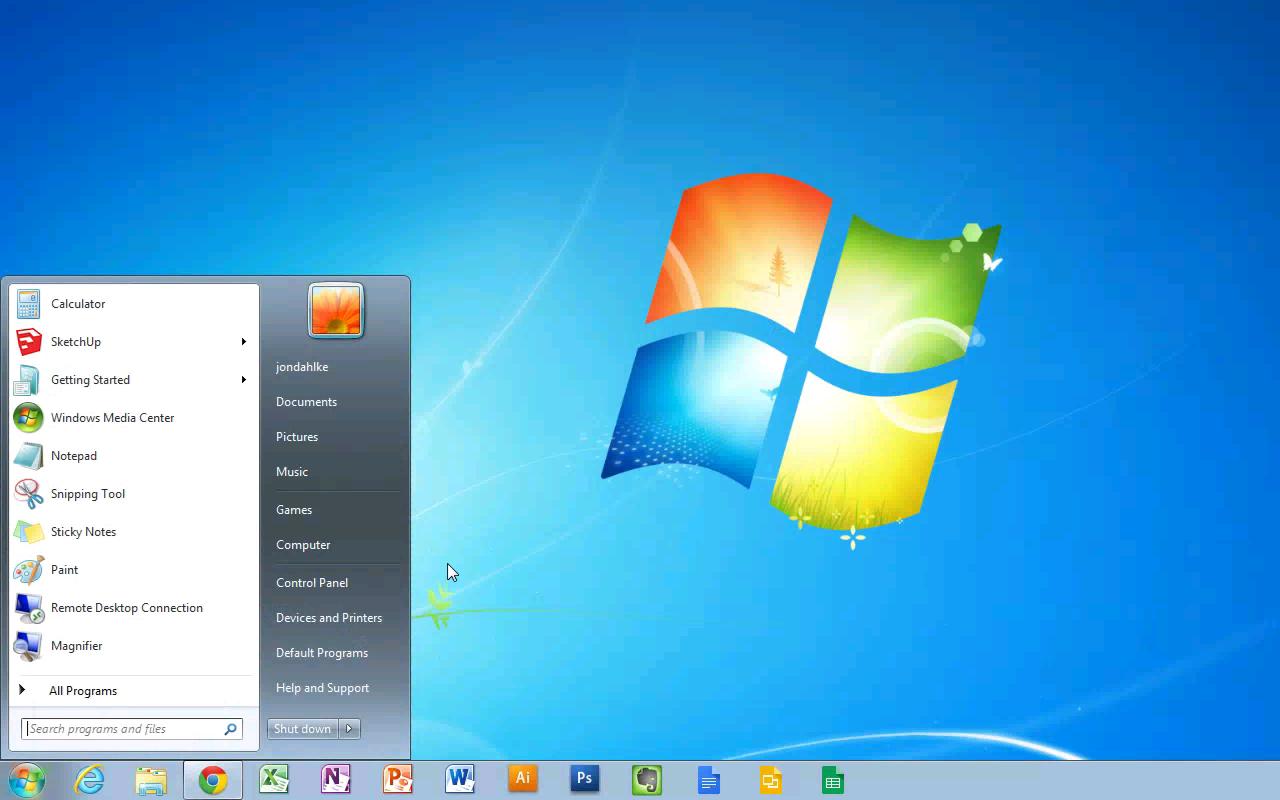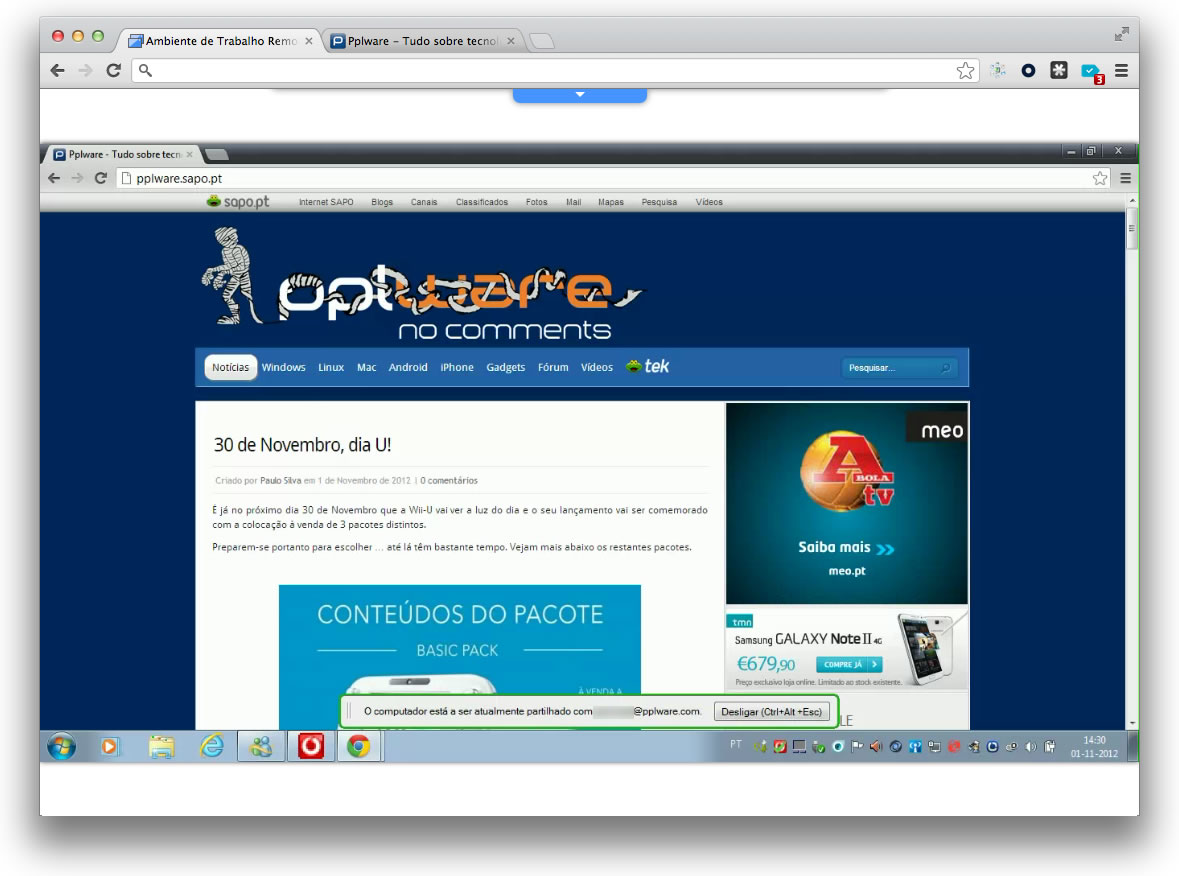

- #GOOGLE CHROME REMOTE HOW TO#
- #GOOGLE CHROME REMOTE UPGRADE#
- #GOOGLE CHROME REMOTE FOR WINDOWS 10#
- #GOOGLE CHROME REMOTE FOR ANDROID#
- #GOOGLE CHROME REMOTE MAC#
#GOOGLE CHROME REMOTE MAC#
To require users to register their machines for remote access using a Google Account that matches their local machine account, set the RemoteAccessHostMatchUsername policy on Mac ® Linux ® and Chrome devices. Sudo defaults delete RemoteAccessHostRequireCurtainĮnable Account Name Matching for Chrome Remote Desktop

To restore RemoteAccessHostRequireCurtain, delete the key from the defaults for the current user and root:ĭefaults delete RemoteAccessHostRequireCurtain Sudo defaults write RemoteAccessHostRequireCurtain -boolean true Set the default value of RemoteAccessHostRequireCurtain to true using the defaults command for both the current user and root:ĭefaults write RemoteAccessHostRequireCurtain -boolean true Note: This feature is no longer supported on Mac devices running macOS Big Sur or later. Reg add HKLM\Software\Policies\Google\Chrome /v RemoteAccessHostRequireCurtain /d 1 /t REG_DWORD /f & reg add "HKLM\SYSTEM\CurrentControlSet\Control\Terminal Server" /v fDenyTSConnections /d 0 /t REG_DWORD /f & reg add "HKLM\SYSTEM\CurrentControlSet\Control\Terminal Server\WinStations\RDP-Tcp" /v SecurityLayer /d 1 /t REG_DWORD /f & reg add "HKLM\SYSTEM\CurrentControlSet\Control\Terminal Server\WinStations\RDP-Tcp" /v UserAuthentication /d 0 /t REG_DWORD /f & net stop chromoting & net start chromotingįor more information on these keys and values, see Configure Server Authentication and Encryption Levels. You can also copy and run the following command from an elevated command line to set the required registry key values and force them to take effect: Make sure you have completed all the steps above. Important: If your session terminates immediately, you may have missed a step.
#GOOGLE CHROME REMOTE FOR WINDOWS 10#
HKEY_LOCAL_MACHINE\SYSTEM\CurrentControlSet\Control\Terminal Server\WinStations\RDP-Tcp\UserAuthentication to 0.Īdditional registry key for Windows 10 installations:.HKEY_LOCAL_MACHINE\SYSTEM\CurrentControlSet\Control\Terminal Server\fDenyTSConnections to 0.HKEY_LOCAL_MACHINE\Software\Policies\Google\Chrome\RemoteAccessHostRequireCurtain to 1.Note: This feature only works on Windows devices running Windows Professional, Ultimate, Enterprise, or Server. For more information about Curtain mode, see Access another computer with Chrome Remote Desktop. You can enable Chrome Remote Desktop to prevent someone physically present at a host machine from seeing what a user is doing when remotely connected. Enable Curtain mode for Chrome Remote Desktop Though not necessary if the API is blocked, you can also block to prevent the web client from being loaded. All three use the same service API so blocking it will prevent all Chrome Remote Desktop functionality on your network.īlocking prevents all Chrome Remote Desktop functionality for both outgoing connections from clients on your network and incoming connections to hosts on your network.
#GOOGLE CHROME REMOTE FOR ANDROID#
To prevent users on your network from remotely accessing other computers or to prevent computers on your network from being remotely accessed with Chrome Remote Desktop, block the appropriate Chrome Remote Desktop URLs.Ĭhrome Remote Desktop clients include a website ( ) and mobile apps for Android and iOS.
#GOOGLE CHROME REMOTE HOW TO#
#GOOGLE CHROME REMOTE UPGRADE#
Note: If you're a Chrome Education Upgrade customer, Chrome Remote Desktop is not automatically available. You can turn Chrome Remote Desktop on or off for users in your Google Admin console. For details, see Turn Chrome Remote Desktop on or off for users. If you're an administrator of Google accounts for an organization, you can control who uses Chrome Remote Desktop from their account. The "1" and "0" values are of type DWORD-32. The parent registry keys you use to control the use of Chrome Remote Desktop may not exist even with Chrome installed. As an administrator, you can control whether users can access other computers from Chrome using Chrome Remote Desktop.


 0 kommentar(er)
0 kommentar(er)
